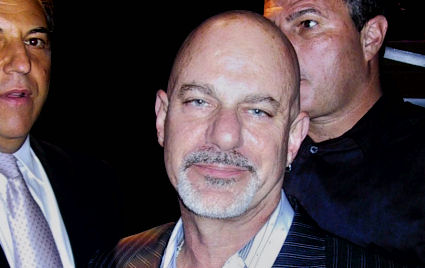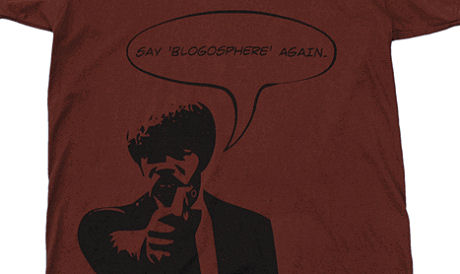Speaking once again about the reception to Half Nelson, ThinkFilm’s Mark Urman says to The Reeler‘s Stu VanAirsdale that he “couldn’t have wanted more. It’s a film that’s done very well commercially and critically; with respect to the awards — that sort of exposure and season. For a company like ours, I think it’s very important that you are able to show to the filmmaker community that should a film of great quality end up in your hands that you can get it to the finish line.

“And I expect to go to Sundance this year and have people feel that they can trust me with their movie because I did my job well. Sometimes even good movies don’t make it to the finish line; sometimes it’s bad luck. Sometimes it really is that they didn’t have a distributor who knew that they were doing. I don√ɬ¢√¢‚Äö¬¨√¢‚Äû¬¢t mean to be arrogant, but I think we did a really good job with this movie. But it’s a very good movie.”
That said, what’s up with Ryan Gosling? He’s looking like a cross between the early ’80s Nick Nolte and late ’80s Brian Dennehy. (The above photo was taken at last weekend’s New York Film Critics Circle award ceremony.)




